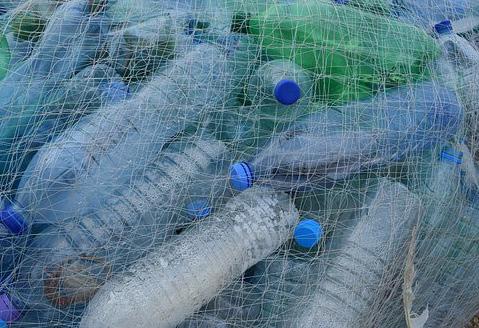MEDICAL WASTE
TACKLING MEDICAL WASTE, post-Covid-19 New research suggests that more than 8 million tonnes of Covid-19pandemic-related plastic waste were generated globally.
P
lastic waste causes great harm to marine life and has globally become an environmental concern. At least 14 million tonnes of plastics end up in the ocean ever y year, making up 80% of all marine debris. The ongoing Covid-19 pandemic has led to an increased demand for single-use plastic in the form of disposable masks and gloves. New research has found that more than 8 million tonnes of pandemic-related plastic waste have been generated globally, and 25 000 tonnes of it has flowed into the world’s oceans. Published in PNAS, the research article titled ‘Plastic waste release caused by Covid-19 and its fate in the global ocean’ used data from the star t of the pandemic in 2020 through August 2021 and found that most of this global plastic waste entering the ocean is coming from Asia.
“When we star ted doing the math, we were surprised to find that the amount of medical waste was substantially larger than the amount of waste from individuals, and a lot of it was coming from Asian countries, even though that’s not where most of the Covid-19 cases were,” says study co-author Amina Schar tup, an assistant professor at Scripps Oceanography. The researchers from Nanjing University’s School of Atmospheric Sciences and UC San Diego’s Scripps Institution of Oceanography used a model to evaluate the massive amount of plastic waste and its impact on the marine environment in the future. The model suggests that by the end of this centur y, almost all of the pandemic-associated plastics
will end up in either the seabed (28.8%) or beaches (70.5%), potentially hur ting those ecosystems. The study authors are therefore calling for better medical waste management in pandemic epicentres, especially in developing countries. Justice Tootla, managing director at Averda, agrees that medical waste must be carefully regulated, adding that it needs to be destroyed or disinfected at specialist treatment facilities, as it poses a contamination risk. “In the case of the medical waste processed by Averda, the waste is either incinerated or shredded into small par ticles and thereafter deactivated by means of microwave technology.” Averda is a national leader in the safe collection, transpor t and treatment of infectious, pathological and pharmaceutical waste streams.
Waste becomes more healthcare-focused Tootla noted that the pandemic changed the nature of residential waste – making it more medical. The increased use of personal protective equipment (PPE) introduced the need for the disposal of medical-type waste within domestic waste streams. Citizens now needed to start complying with new regulations they were not familiar with. Realising that waste had become more ‘healthcare’ focused, the waste management sector had to make some changes. The first was to help educate non-medical professionals on the correct way of handling their waste,
22
FEBRUARY 2022
|
ReSource


















